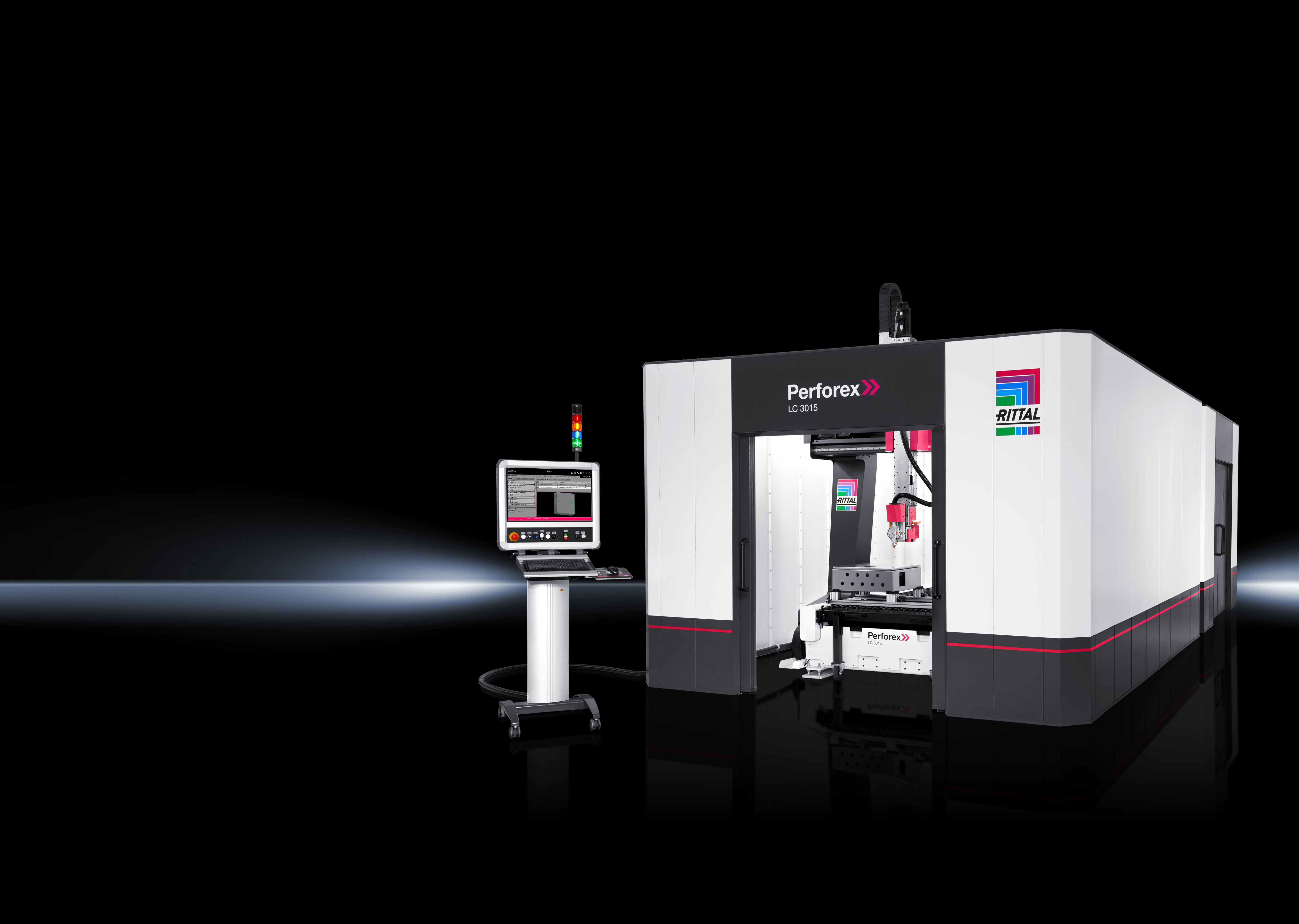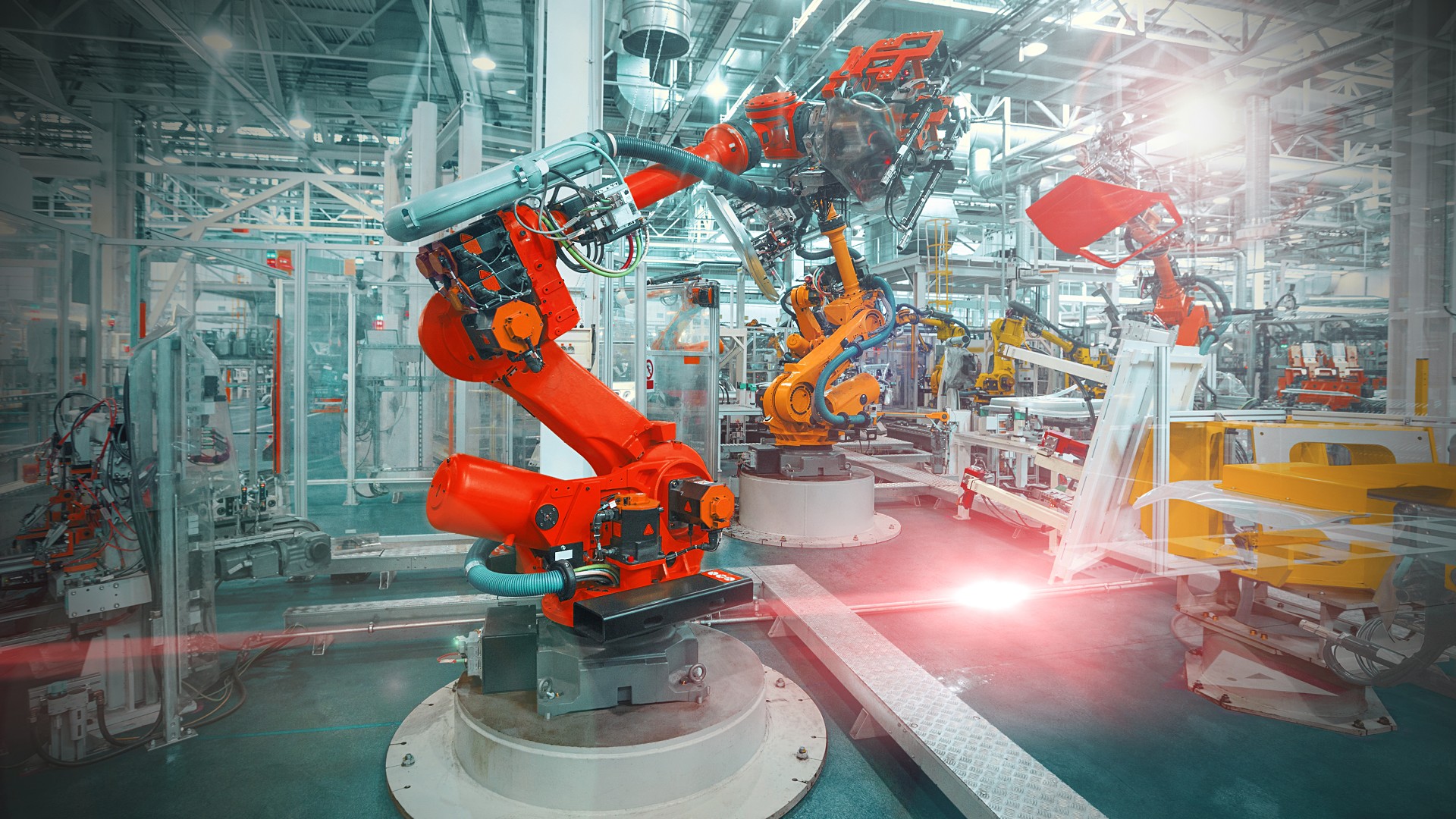Author
 Andrew Mutch
Having previously worked as an aircraft technician with HM Forces, Andy is one of our Professional Services Consultants and has been with EPLAN for 10 years. Part of Andy's role is to actively analyse customers processes, develop solution concepts and workflows for customer requirements. Andy is also our resident Harness expert!
Mutch.a@eplan.co.uk
Andrew Mutch auf LinkedIn
Andrew Mutch
Having previously worked as an aircraft technician with HM Forces, Andy is one of our Professional Services Consultants and has been with EPLAN for 10 years. Part of Andy's role is to actively analyse customers processes, develop solution concepts and workflows for customer requirements. Andy is also our resident Harness expert!
Mutch.a@eplan.co.uk
Andrew Mutch auf LinkedIn
Where next: industrial manufacturing & the new normal
Adhering to new working restrictions & guidelines
With manufacturing industries employing a total of 2.5 million people across the UK, these predictions are concerning. British manufacturing relies on global supply chains and faces the challenge of adapting facilities and processes while at the same time adhering to new working restrictions and responding to unprecedented fluctuations in customer demand.
As manufacturers plan to restart operations, they will experience pressures that strengthen the case for automation. Social distancing rules and mitigation measures will mean that manufacturing companies will see an acute need for adding resilience to their operations and maximising the productivity and effectiveness of their skilled workforce. The best ways of achieving these aims are by moving toward ‘zero-paper factories’, adopting digitalisation, and exponentially increasing the levels of automation for shop floor processes and beyond.
Breaking down walls between engineering and production
For example, plant managers can invest in machines that will take data directly from CAE systems used in engineering, and use it to drill or make cut-outs in any type of sheet metalwork such as an enclosure door or mounting plate. Previously, such an operation would have been done manually, but that process is slow, prone to errors, and hard to justify in a post-Covid socially distanced shop floor.
To support investments of this kind, EPLAN offers software packages that interface directly with advanced manufacturing systems, including the Rittal Perforex LC 3015 3D laser machining centre which is a versatile and efficient system for the construction of sheet steel panels. Using the facilities provided by EPLAN Pro Panel software, which has integrated 3D modelling, the Perforex LC 3015 can be programmed to perform measuring and machining to an extremely high degree of accuracy while processing panels in a fraction of the time previously required for these operations.
 The laser cutting machine, Rittal Perforex LC 3015.
The laser cutting machine, Rittal Perforex LC 3015.
With such systems accuracy is guaranteed and the time savings are substantial. It is true that these machines require a significant investment, but even in medium-volume applications the efficiency gains they make possible mean that they will pay for themselves surprisingly quickly. And which company can afford to miss out on an opportunity for exceptional ROI in the current economic climate?
Cloud-based collaborative engineering
Another important trend that has been strengthened as a consequence of the recent pandemic is the move toward a more collaborative approach to engineering. With tools such as EPLAN eVIEW, engineers, production staff, maintenance engineers, sales executives and operations managers can all work together collaboratively without necessarily being physically present in the same location. This simplifies social distancing, makes possible greater efficiencies and faster communications between departments, and at the same time greatly decreases the carbon footprint of the business. Further, everyone who needs information can access it instantly without the need to travel or to print documents.
Building resilience through agility is now more important than ever, so systems that seamlessly integrate with existing manufacturing processes and software are becoming essential. In addition, successful companies are investing in new technologies that speed up client approval processes and improve communication between departments.
EPLAN’s latest cloud-based products, which include EPLAN eVIEW, make it easy for designers and customers to work closely together on projects, helping to speed up the design review procedure, as well as reducing the need for design revision and reworking, resulting in substantial cost savings. With EPLAN eVIEW, engineering projects generated using the EPLAN platform can be accessed directly via the cloud. This means that project data can be viewed anytime, anywhere, by anyone who has been granted access.
.png?width=3840&name=eVIEW_infographic%20(1).png)
Project data can be viewed anytime, anywhere with EPLAN eVIEW.
One of the key features is a red-lining function that lets customers, employees on the shop floor and maintenance engineers add their suggestions for changes. These changes are then instantly accessible to the design engineers. Lengthy design reviews are a thing of the past; customers can mark-up drawings online and send their comments back within minutes rather than hours. In addition, using eVIEW means that there is no need to print documentation, which saves money and helps to protect the environment. Another benefit is that it provides a full audit trail showing previous versions, and a full history of change requests including who initiated, approved and made them.
“Business as usual”?
Rarely does industrial manufacturing have the capacity, downtime, or headroom to make significant changes to the way things are done, so businesses must not waste the opportunities created by the Covid crisis. Any organisation that simply returns to “business as usual” is missing out on a unique chance to adapt, reinvent itself and innovate. Plant managers should now take the time to evaluate all aspects of daily operations and manufacturing processes to find efficient and non-efficient parts of their operations and discover ways in which to improve counter-productive activities.
If this appears to be an insurmountable task, remember that help is at hand. EPLAN is uniquely placed to combine your company’s vision and strategy with unparalleled industry-specific expertise. We can help engineers make their aspirations a reality by showing them how to improve processes and systems to suit a more agile world. Ours is an authentic approach powerful enough to capture possibility, whilst at the same time pragmatic enough to ensure effective delivery. For UK manufacturing, the change is now or never!
Get free access to EPLAN eVIEW by registering for your free account – epulse.com




Comments